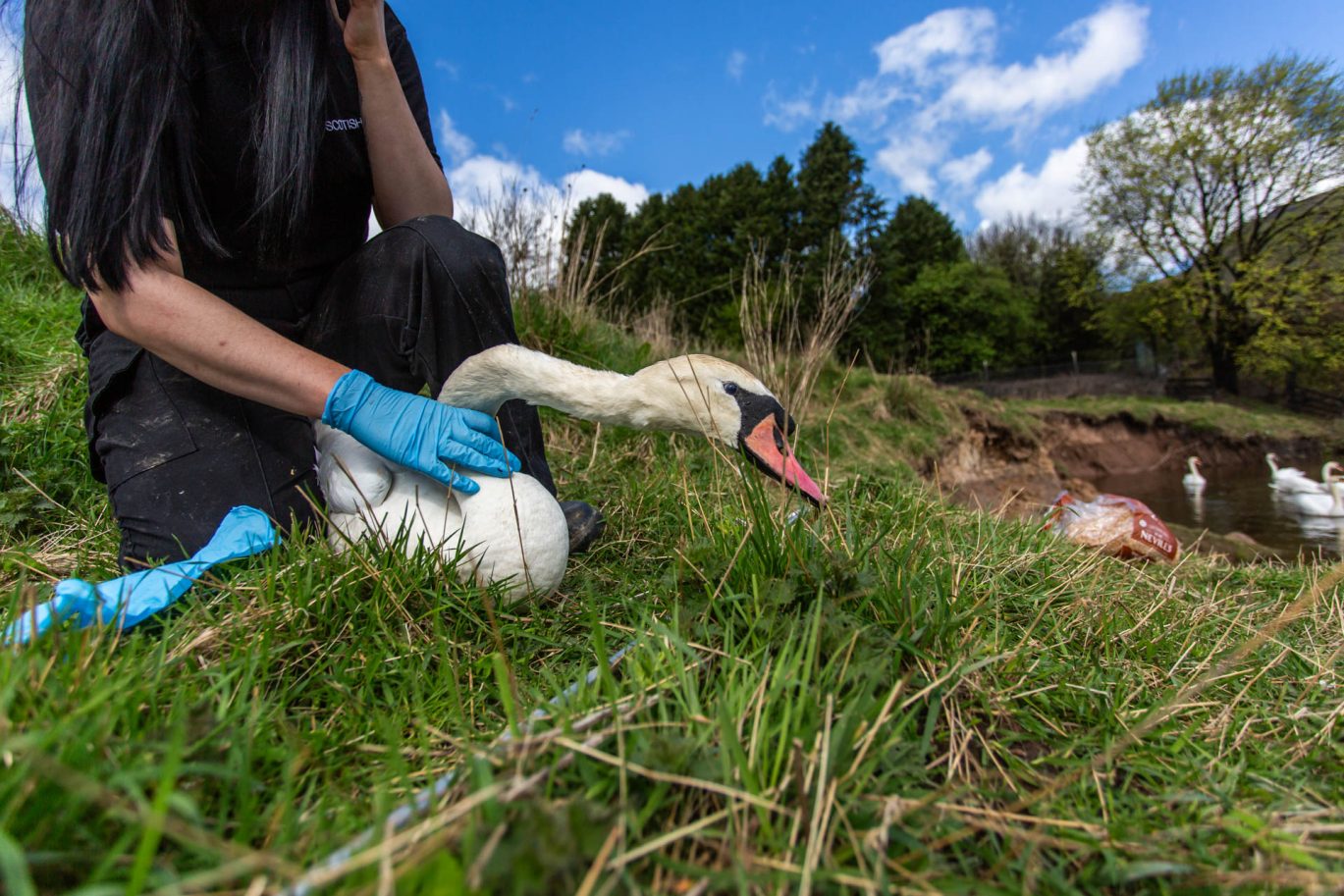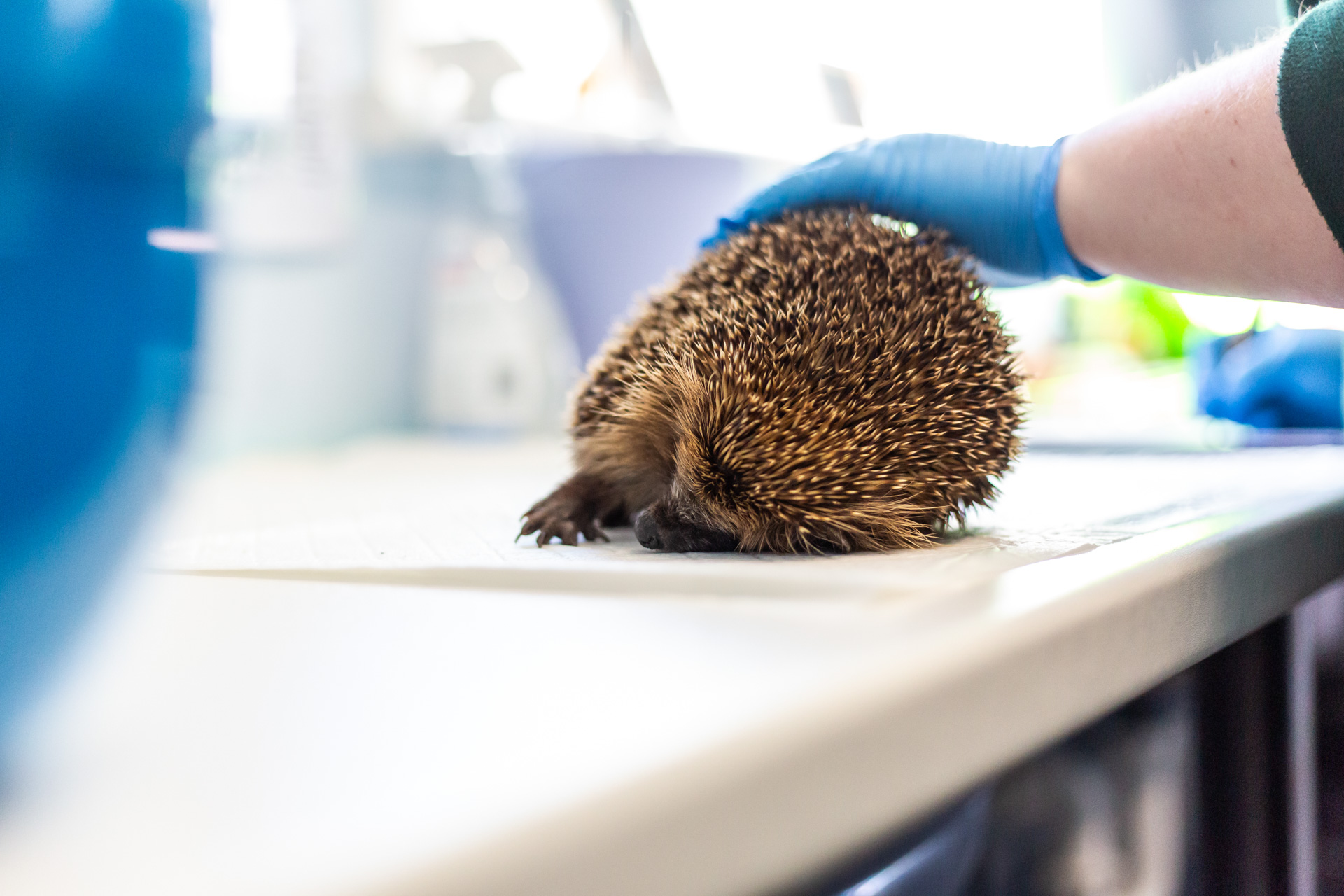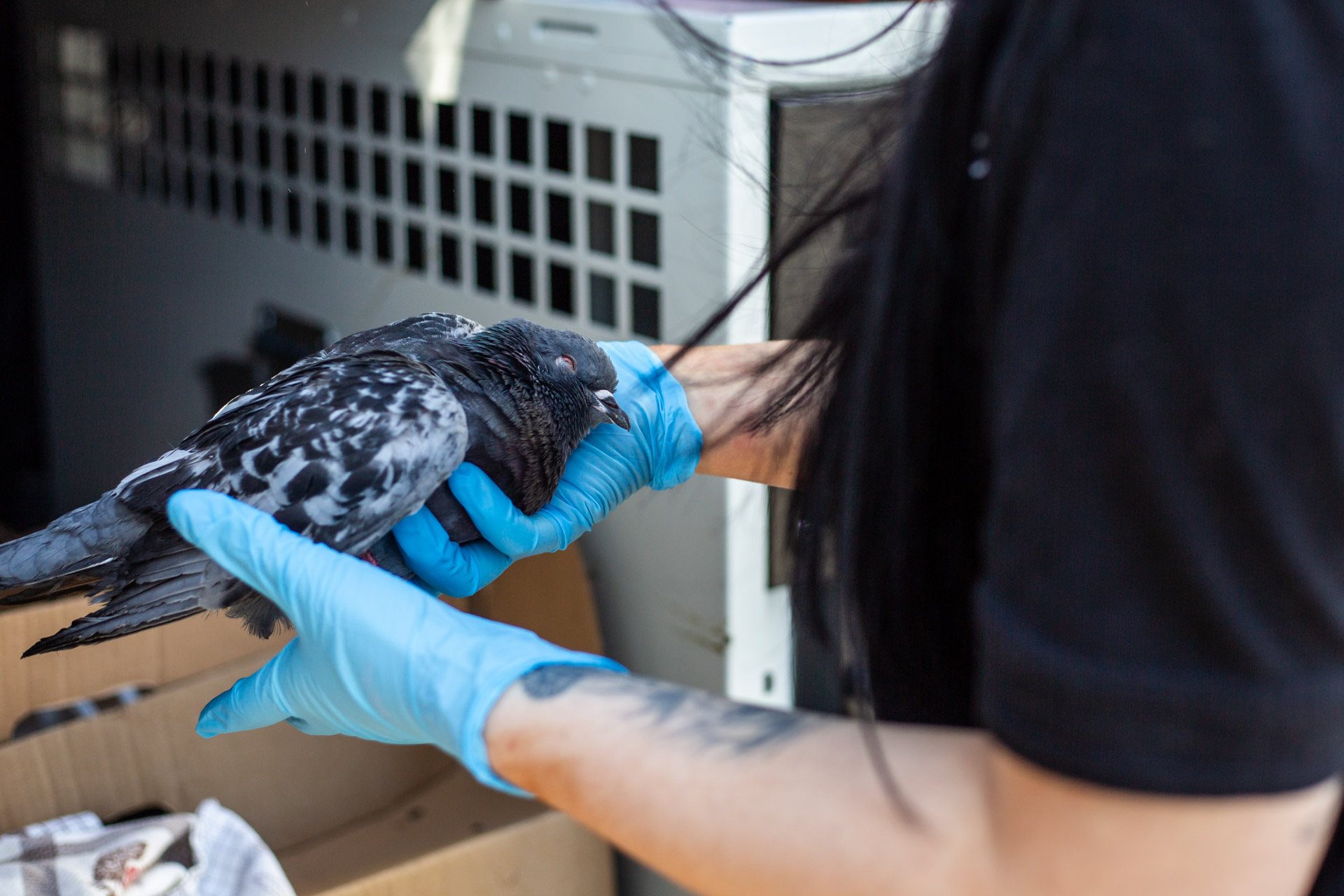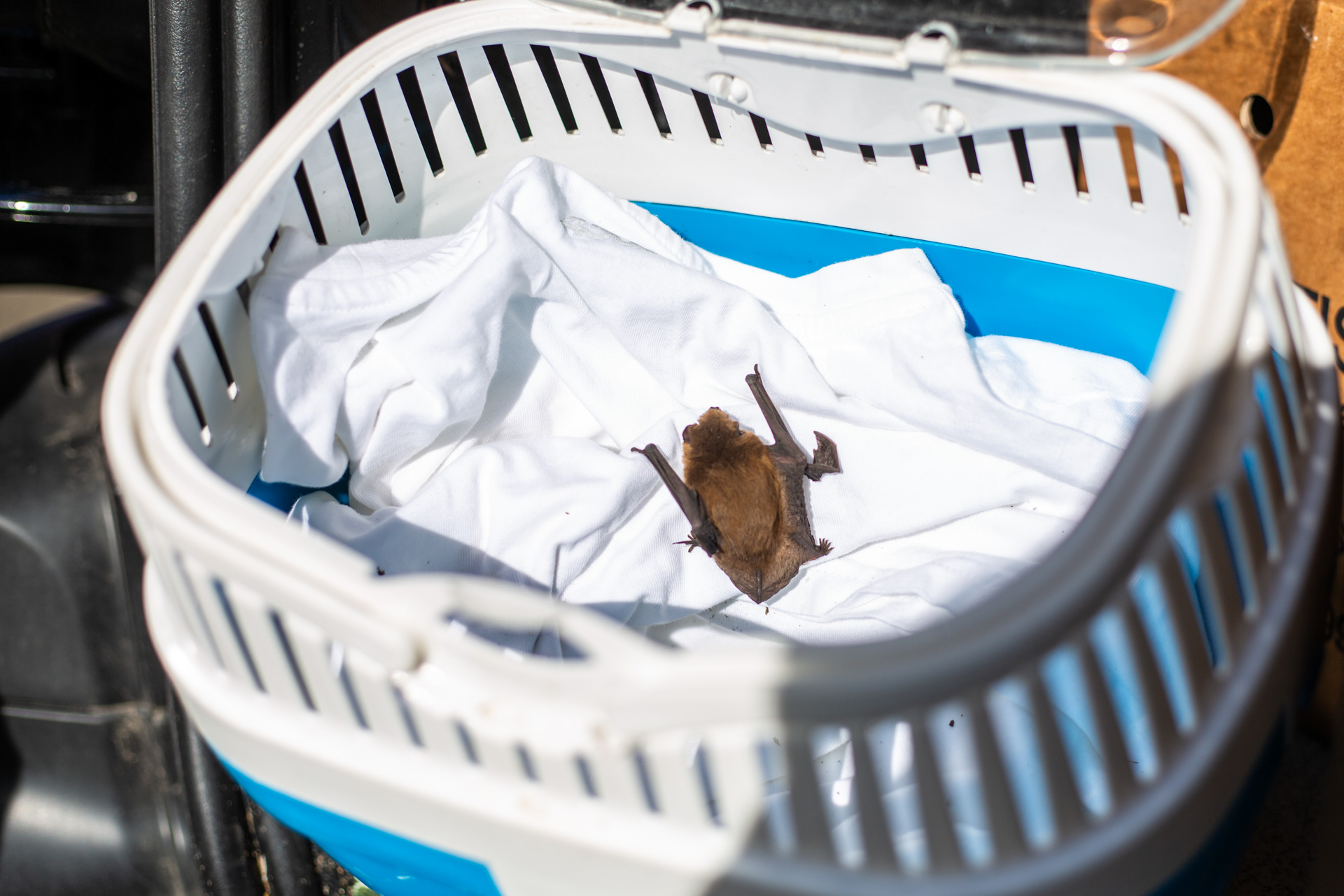
Sick, Injured or Deceased Wildlife
What to do if you discover sick, injured or deceased wildlife.
Sick
If you discover a sick wild animal, it can be upsetting and you may not be sure what to do for the best. Read our advice to help you.
Injured
If you discover an injured wild animal, it can be very distressing and you might not know what to do. Read our advice to help you.
Deceased
If you discover a deceased wild animal, it can be upsetting and you might not know what to do. Read our advice to help you.

Together, we care for them
With your support, we can continue to care for Scotland’s animals every minute of every day. Your donation funds campaigns, research and projects to help give animals the life they deserve. Every £1 matters to all animals in our care.


